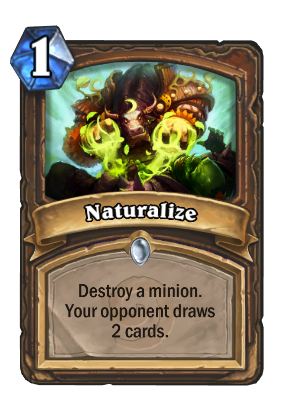
verb (used with object), nat·u·ral·ized, nat·u·ral·iz·ing.
- to confer upon (an alien) the rights and privileges of a citizen.
- to introduce (organisms) into a region and cause them to flourish as if native.
- to introduce or adopt (foreign practices, words, etc.) into a country or into general use: to naturalize a French phrase.
- to bring into conformity with nature.
- to regard or explain as natural rather than supernatural: to naturalize miracles.
- to adapt or accustom to a place or to new surroundings.
verb (used without object), nat·u·ral·ized, nat·u·ral·iz·ing.
- to become naturalized.
- to adapt as if native to a new environment, set of circumstances, etc.
- to study or carry on research in natural history.
verb
- (tr) to give citizenship to (a person of foreign birth)
- to be or cause to be adopted in another place, as a word, custom, etc
- (tr) to introduce (a plant or animal from another region) and cause it to adapt to local conditions
- (intr) (of a plant or animal) to adapt successfully to a foreign environment and spread there
- (tr) to explain (something unusual) with reference to nature, excluding the supernatural
- (tr) to make natural or more lifelike
v.“admit (an alien) to rights of a citizen,” 1550s (implied in naturalized), from natural (adj.) in its etymological sense of “by birth” + -ize; in some instances from Middle French naturaliser, from natural. Of things, from 1620s; of plants or animals, from 1796. Related: Naturalizing.
- To establish a nonnative species in a region where it is able to reproduce successfully and live alongside native species in the wild. Naturalized species may be introduced intentionally or unintentionally. Eucalyptus trees are native to Australia but have become naturalized in many other parts of the world.
 Liberal Dictionary English Dictionary
Liberal Dictionary English Dictionary